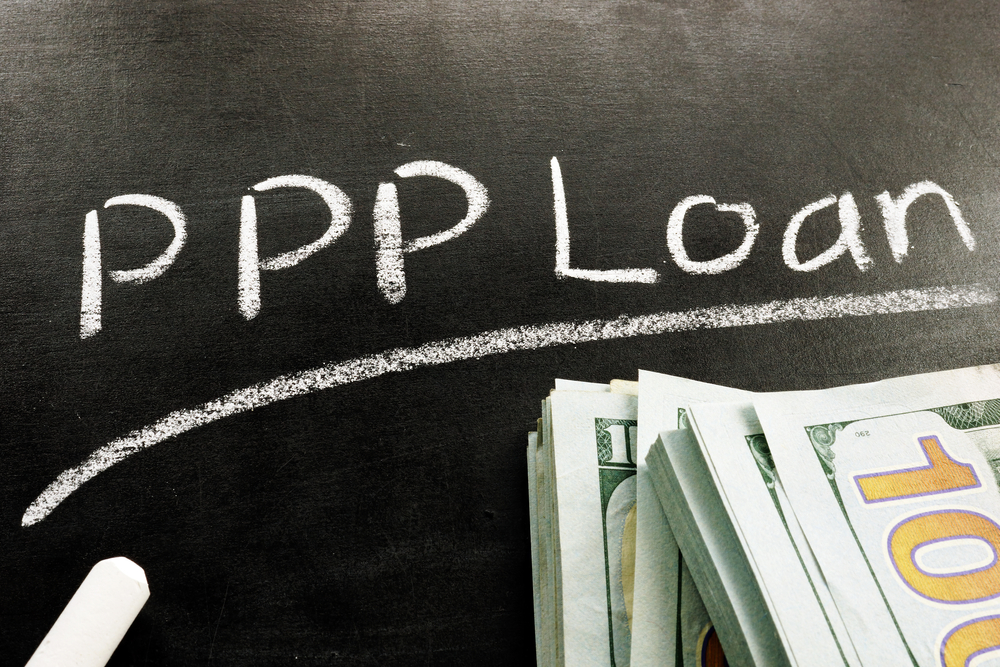Yesterday, the IRS released two revenue rulings that provide clarification on the non-deductibility of certain expenses paid with forgivable PPP loans. This guidance is in accordance with previous guidance released six months ago.
Background
Pursuant to the CARES Act, PPP loans that are forgiven are excluded from gross income. On May 2, 2020, the IRS released Notice 2020-32, which clarifies that no deduction is allowed for an eligible expense if payment of the expense results in forgiveness of the PPP loan.
In support of its position, the IRS cited section 265 of the Tax Code and the regulations thereunder. The IRS also relied on authorities holding that deductions for certain expenses should be disallowed if the expenses are reimbursed, or if there is a reasonable expectation of reimbursement. Moreover, under the tax benefit rule, if a taxpayer takes a deduction and is refunded that amount in a later tax year, the deducted amount must be included in income.
Non-Deductibility Confirmed
One of the new rulings is Rev. Rul. 2020-27, in which the IRS affirms its position in Notice 2020-32 by providing that PPP borrowers may not deduct certain expenses in the taxable year that such expenses were paid or incurred if, at the end of such taxable year, they have a reasonable expectation of loan forgiveness. Such expenses include payroll costs, mortgage interest, utility payments, and rent payments.
The IRS confirmed that this ruling applies regardless of when the borrower applies for forgiveness. For example, neither a borrower who applies for forgiveness in November of 2020 and does not receive confirmation of forgiveness by the end of the year nor a borrower who waits and applies for forgiveness in 2021 can deduct the expenses.
Thus, if at the end of the tax year, the reimbursement of expenses (in the form of loan forgiveness) is reasonably expected to occur (rather than being unforeseeable), then such a deduction is inappropriate. Reimbursement is likely foreseeable if the borrower knows the amount of eligible expenses that qualify for forgiveness and has calculated the forgivable amount based on SBA guidance, including the PPP loan application.
Deduction Permitted if No Forgiveness
Notwithstanding the above, a borrower can claim a deduction for expenses paid or incurred during its 2020 taxable year if, at the end of the year, the borrower expects the loan to be forgiven but later finds out that the request for forgiveness was denied in whole or in part, or if the borrower decides never to request forgiveness.
If the safe harbor applies, then such expenses are deductible on an original 2020 return (including extensions); an amended return or administrative adjustment request (“AAR”), if applicable; or an original 2021 return (including extensions).
The Tax Advisory group will continue to stay abreast of tax developments in this area, including any proposed changes to the Tax Code. For questions specific to this Tax Alert, and for any other tax planning questions or needs, please contact any of the following individuals:
Name: Meghan Andersson, JD, LLM, CM&AA
Office: Irvine, CA
Phone: (949) 623-0542 Email: [email protected]
Name: Jason Borkes, CPA, CM&AA
Office: Irvine, CA
Phone: (949) 623-0516 Email: [email protected]
Name: Mark Cook, MBA, CPA, CGMA
Office: Irvine, CA
Phone: (949) 623-0478 Email: [email protected]

